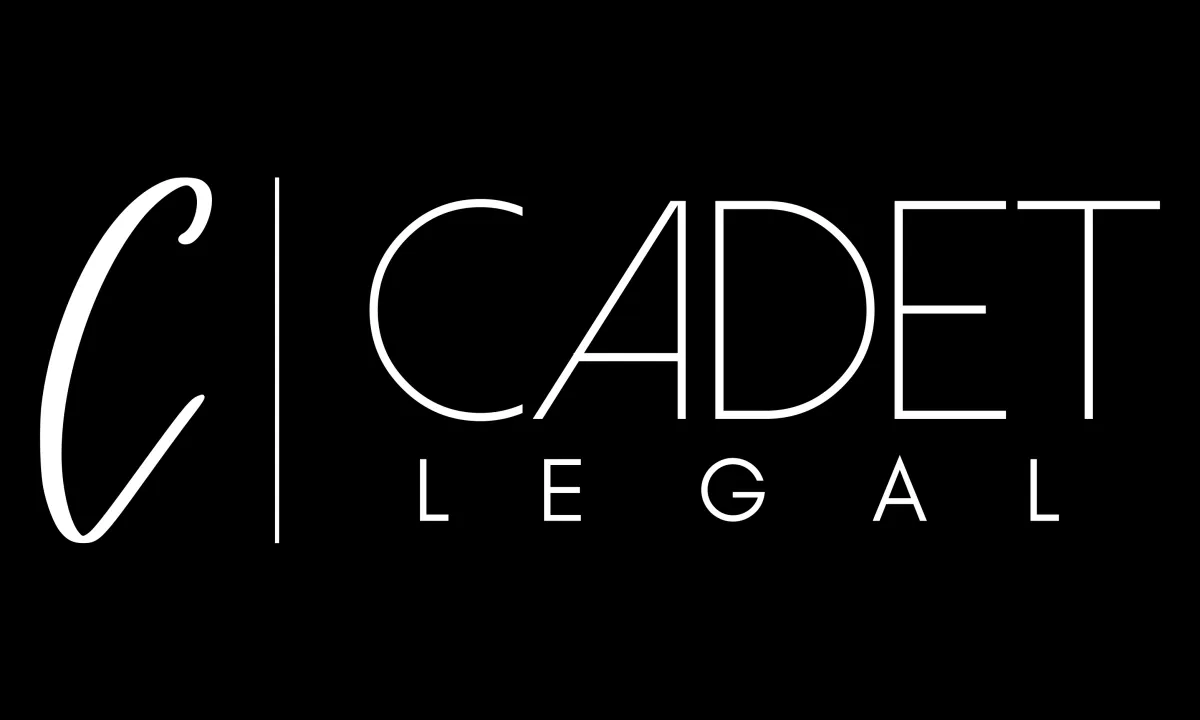
In the Age of AI, Consultants Should Prioritize their IP
Consulting can be appealing as a primary business or side hustle because of its relatively low overhead and high potential to generate revenue. All you really need to get started is your brain, relevant experience, and a means of communicating solutions to clients.
Despite this flexibility, in our experience, consultants should take a more structured approach to dealing with certain aspects of their business, including finances, liability, and intellectual property.
A common critique of consulting as a business model is that it does not produce anything tangible to justify its fees. However, the absence of tangible assets or formal registrations does not negate the value of the intellectual property assets that consultants create and deliver to clients, including process methodologies, proprietary data, and creative content, among others.
While the default rules generally make it difficult for consulting clients to claim a consultant’s deliverables are “work made for hire,”[1] if your deliverables do fall into work-for-hire territory, this could cost you in time and future revenue. In that scenario, your consulting client would hold the copyright to your work, even though you created it. That would mean you cannot reuse that work in the future without that client’s consent. This makes poor business sense given that consultants often focus in niche areas where they repeatedly encounter the same or similar client issues.
In this market, we recommend erring on the side of clarity regarding IP ownership in your engagement letters. The benefit (and importance) of protecting your IP only increases when you consider the value-generating and time-saving potential of AI in your consulting practice.[2]
Artificial intelligence can increase efficiency for consultants, including as a means of leveraging the consultant’s past experience and repetitive client communications. It can turn that experience and communication into reusable (or even new) content in the consultant’s own voice and style.
The big, AI-generated elephant in the room leads us to advise renewed caution with your IP. When it comes to generative AI, the perceived economic opportunity has spurred new battles over who owns intellectual property, especially copyrights. In recent court decisions,[3] plaintiffs have successfully argued:
that AI models trained on copyrighted works without consent infringed their IP and
that using copyrighted material to train AI for commercial purposes may violate fair use principles
As the business world ventures into this new frontier, the ensuing “land grab” for control of AI inputs and outputs leads us to recommend that our more sophisticated consultant clients consider upgrading their engagement letters. We have been drafting provisions expressly carving out the consultant’s work, deliverables, and services from “work made for hire” under U.S. copyright law and obtaining the client’s acknowledgement of carveout. As an additional layer of protection, some of our consultant’s engagement letters stipulate that the client may not use the consultant's IP to train machine learning algorithms, create synthetic reproductions for AI or text-to-speech programs, or sell/distribute the IP Assets for such purposes to third parties without the Consultant’s written consent. In a more limited approach, we can also have the consultant grant a non-exclusive license to certain IP assets.
As AI tools change the way we do business, our contracts have to evolve with them. Please feel free to contact us if you are a consultant with questions regarding your form of engagement letter.
Disclaimer. The contents of this article should not be construed as legal advice or a legal opinion on any specific facts or circumstances. Your viewing and/or use of the contents of this article do not create an attorney-client relationship with Cadet Legal. The contents are intended for general informational purposes only, and you are urged to consult with counsel concerning your situation and specific legal questions you may have.
[1] Section 101 of the U.S. Copyright Act (Title 17 of the U.S. Code)
[2] Note: We understand that a consultant’s use of past client deliverables with AI can create certain data privacy, trade secret, IP, and confidentiality concerns. We will address those concerns separately. For this client alert, we are focusing on the benefits of AI from the consultant’s perspective.)
[3] See, e.g., Andersen v. Stability AI (2024) and Thomson Reuters v. ROSS Intelligence (2025) (a case in which the Managing Member of Cadet Legal was briefly involved).


